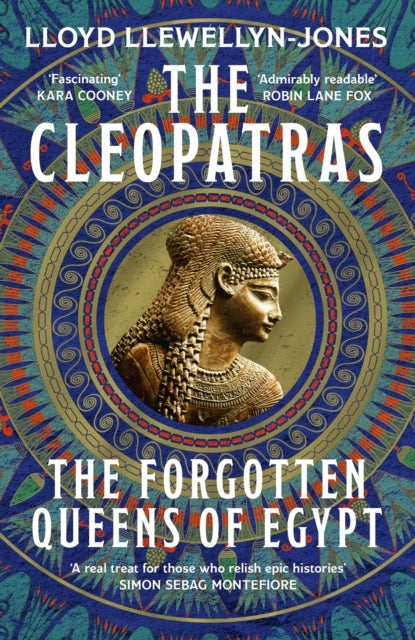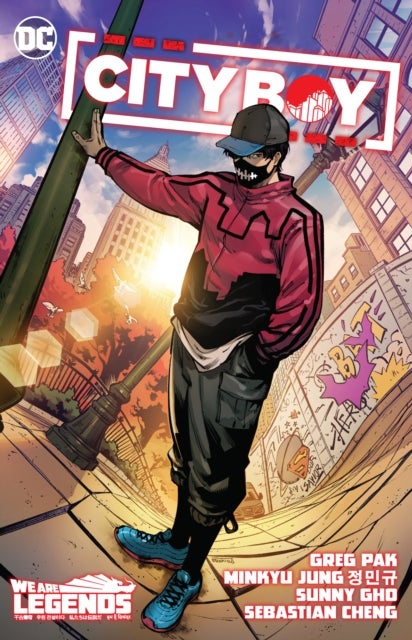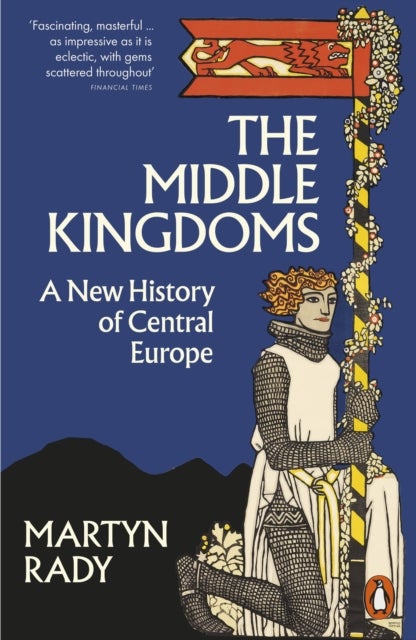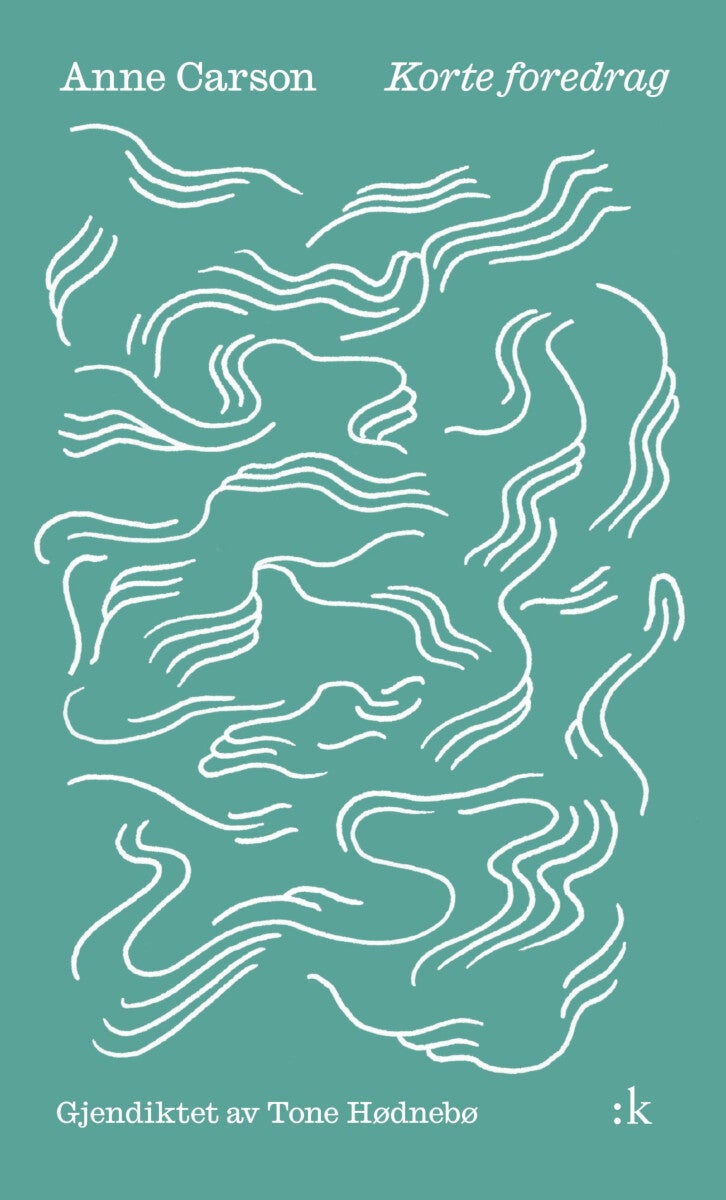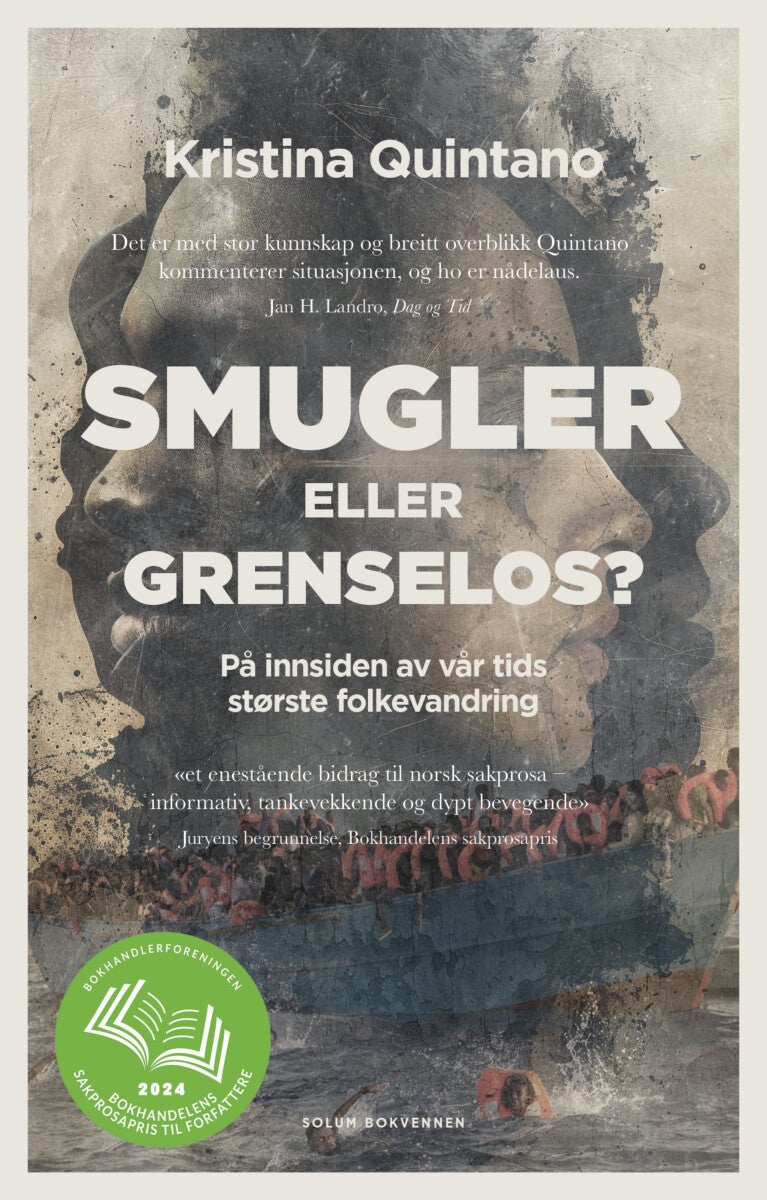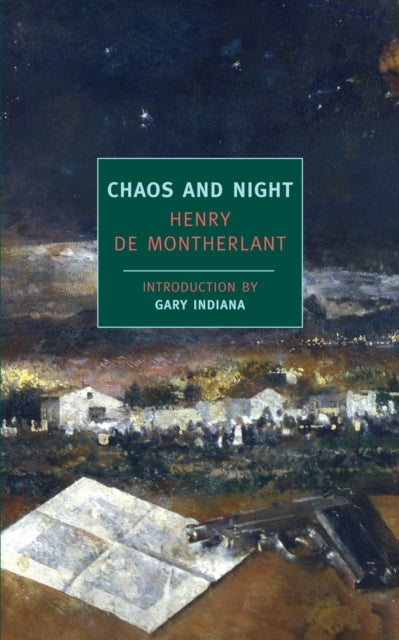
Chaos And Night av Henry De Montherlant
229,-
Don Celestino is old and bitter and afraid, an impossible man. An anarchist who has been in exile from his native Spain for more than twenty years, he lives with his daughter in Paris, but in his mind he is still fighting the Spanish Civil War. He fulminates against the daily papers; he brags about his past exploits. He has become bigoted, self-important, and obsessed; a bully to his fellow exiles and a tyrant to his daughter, Pascualita.<br><br> Then a family member dies in Madrid and there is an inheritance to sort out. Pascualita wants to go to Spain, which is supposedly opening up in response to the 1960s, and Don Celestino feels he has no choice but to follow. He is full of dread and desire, foreseeing a heroic last confrontation with his enemies, but what he encounters instead is a new commercialized Spain that has no time for the past, much less for him. Or so it seems. Because the last act of Don Celestino’s dizzying personal drama will prove that though “there is n


